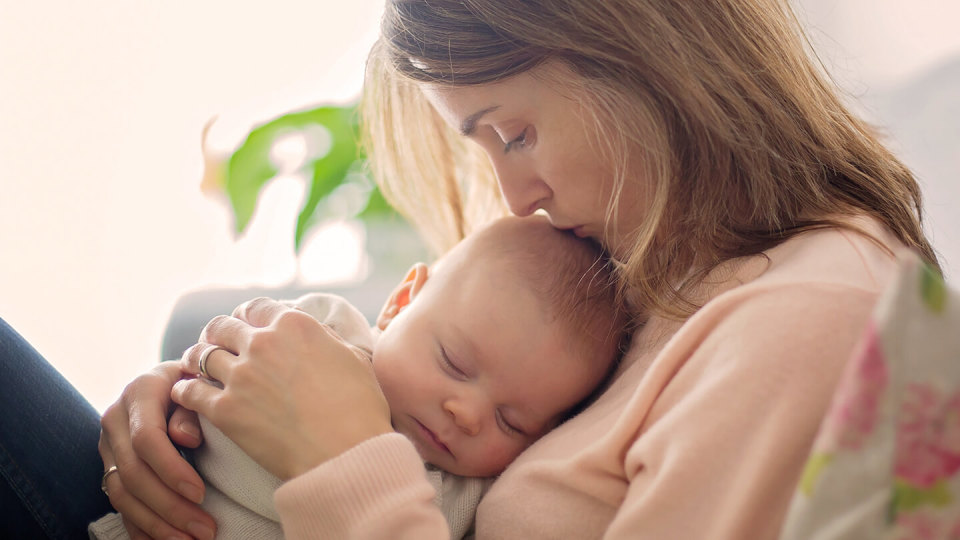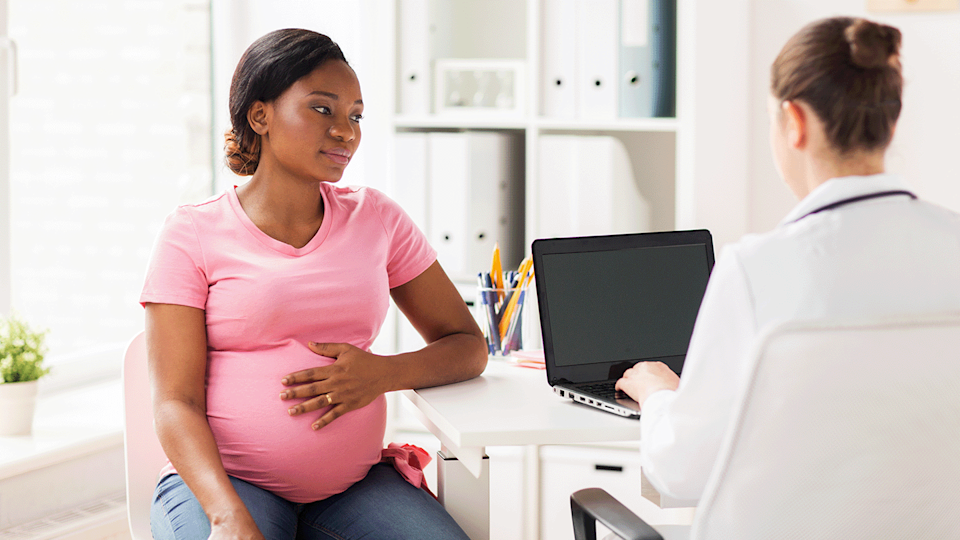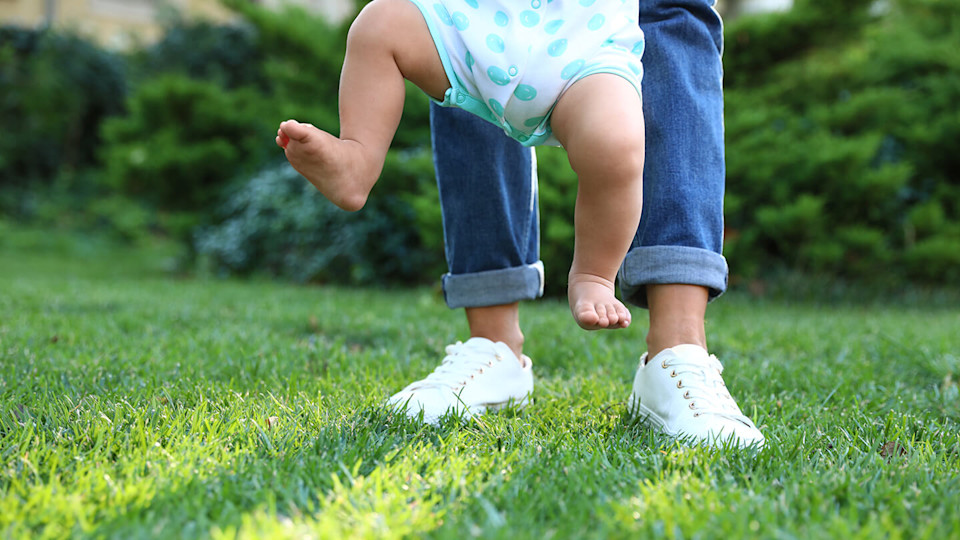Ensuring your voice is heard is never more important than when receiving maternity care. If you don’t feel like concerns are being taken seriously by your healthcare provider, we have provided the tools you need to advocate for yourself and your baby.

Medical negligence
Babies face ten times higher risk from Group B Streptococcus, study finds
Study reports babies may be up to 10 times more at risk from Group B Streptococcus (GBS) than previously thought
A new study from the University of Cambridge and Cambridge University Hospitals NHS Foundation Trust has found that one in 200 newborns are admitted to neonatal units with sepsis caused by GBS. This is around 10 times higher than the previous estimate, which was only around one in 1,750 newborns suffered from early-onset GBS according to the data suggested by the NHS.
The study published in Nature Microbiology, looked at the link between the GBS in the placenta and the risk of admission of the baby to a neonatal unit.
- From their analysis, the researchers estimate that placental GBS was associated with a two to three fold increased risk of neonatal unit admission, with one in 200 babies admitted with sepsis associated with GBS - almost 10 times the previous estimate.
- The clinical assessment of these babies using the current diagnostic testing identified GBS in less than one in five of these cases, suggesting that the UK may be significantly underestimating the number of GBS infections.
Jane Plumb, chief executive of the charity Group B Streptococcus Support (GBSS) has said; ‘This important study highlights the extent of the devastating impact GBS has on newborn babies, and how important it is to measure accurately the number of these infections’.
- Carrying GBS has no symptoms therefore testing is the only way to find out if you have GBS.
- GBS normally live in the vagina/rectum and are usually harmless however if a pregnant woman passes it to babies during birth it can lead to them suffering from high-risk complications such as sepsis and meningitis.
- Pregnant women are not routinely screen for GBS in the UK.
Jane stresses that without understanding the true number of infections, we may not implement appropriate prevention strategies and are unable to measure their true effectiveness. The inadequate data collected on GBS is why the charity have now urged the government to make GBS a notifiable disease, ensuring cases would have to be reported.
How to test for GBS
There are currently two tests commonly used within the NHS to detect GBS which are:
- High Vaginal Swab Test (HVS) – standard ‘non-selective’ swab test - not specifically designed to detect GBS and often misses it.
- Enriched Culture Medium Test (ECM) - GBS specific swab test - specific to GBS detection and recommended by the Royal College of Gynaecology (RCOG).
The RCOG have summarised the key recommendations for prevention of early onset GBS in their national guidelines which suggests that an Enriched Culture Medium (ECM) test should be offered at 35-27 weeks, especially for woman who carried GBS in a previous pregnancy.
- The feedback however suggests that not all NHS hospitals offer it. In fact the Healthcare Safety Investigation Brach (HSIB), has suggested that some women are not even receiving information about GBS during pregnancy in line with the RCOG guidelines which is very alarming given the findings of the recent study.
A test for GBS can however be done privately which is fairly simple, safe and effective
What did the new study find?
The department of obstetrics and gynaecology at the University of Cambridge, said that the team’s findings profoundly changes the risk/benefit balance of universal screening.
- The research team has developed a new polymerase chain reaction (PCR) test which looks at the presence of the bacteria that they hope will be used to see if expectant mums are carrying the bacteria before birth.
- The head of obstetrics and gynaecology at the University of Cambridge says that using this new test, it is now realised that the clinically-detected cases of GBS may represent the tip of the iceberg of complications arising from GBS.
- The ultra-sensitive test developed by their team might lead to viable point-of-care testing to inform immediate neonatal care.
- The study was also funded by the Medical Research Council and supported by the National Institute for Health Research (NIHR) Cambridge Biomedical Research Centre.
Jane from GBSS charity mentions that we need to do all we can to protect the most vulnerable in our society, and for the prevention of GBS robust data collection is central to this mission.
Given these new findings, a change in GBS preventative treatment, testing and data collection is urgently required within the UK.
How can we help
If you or your baby has been affected by group B strep infection and you believe the care/treatment you received from your medical professionals may have been substandard, please contact Laura Preston on ljpreston@slatergordon.co.uk. Laura is a medical negligence expert with a special interest in GBS cases and sits on the GBSS legal expert panel and is on hand to offer you expert legal advice.


Our experts explore your legal rights if you or your baby has been affected by GBS infection and you received substandard care from medical professionals.

